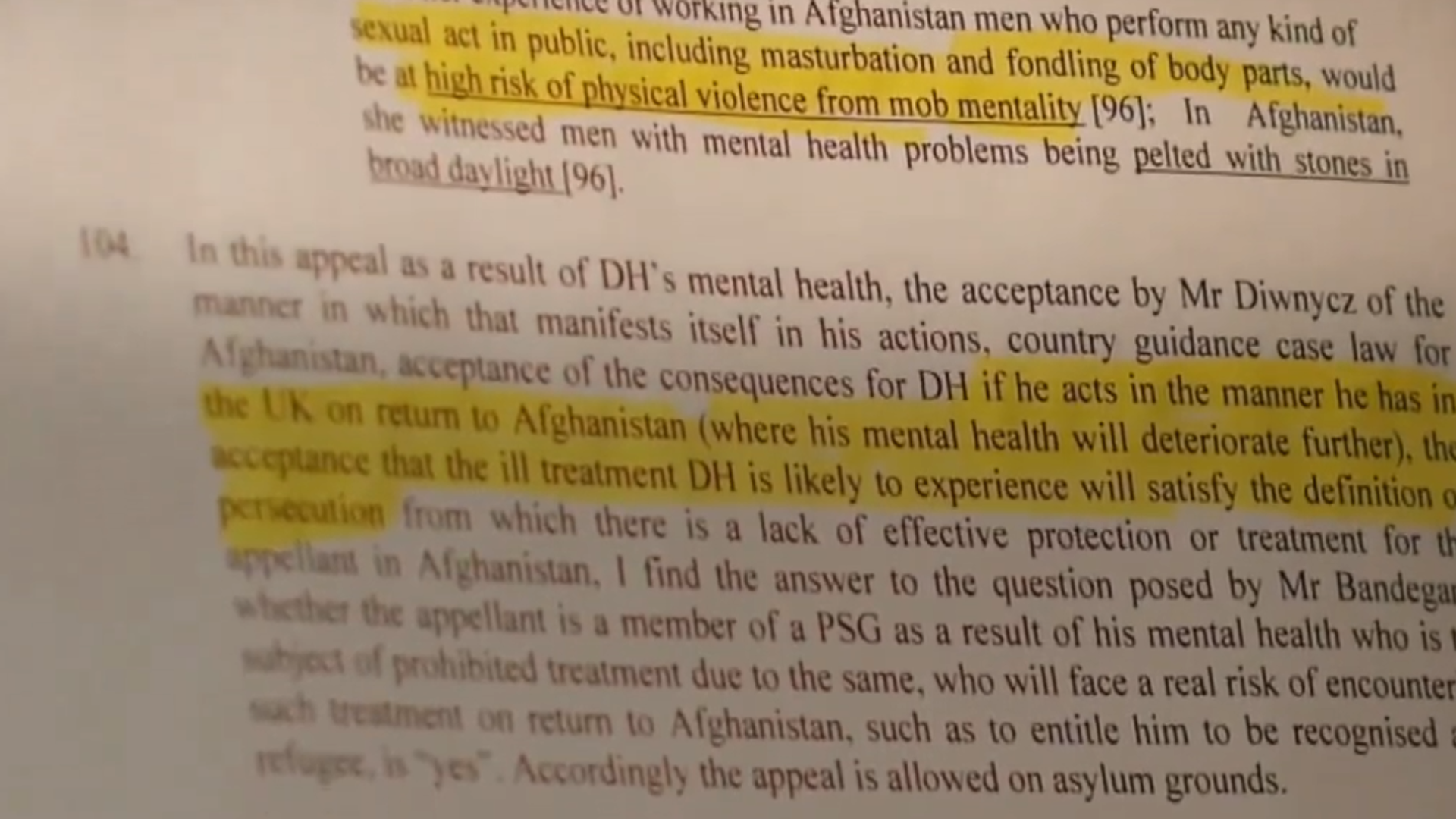A new report has revealed that a repeat convicted sex offender from Afghanistan wasn’t deported because his country of origin would “persecute” him if he exposed himself in public as he had been doing in the United Kingdom. Known only as DH, the man had previously been allowed to stay in the country twice after deportation orders were rejected by an asylum tribunal.
The report, compiled by Sky News, explains that DH was represented in 2020 by Duncan Lewis Solicitors, one of the leading London firms that fights the government to prevent deportations. According to the report, around £34 million of legal aid per year has been spent fighting asylum cases since 2017.
DH, an Afghanistan national born in 1993, was convicted twice in 2016 and 2017 of “committing an act outraging public decency and exposure,” including persistently exposing himself to women. In 2017 and 2018, DH was ordered to be deported due to his criminal history.
But in 2020, “expert” Dr. Ritu Mahendru argued against forcing DH to leave the country, noting that sex offenders were treated poorly in Afghanistan and that DH would be at risk if he were sent back.
As a result of Dr. Mahendru’s testimony, the judgement from senior immigration judge Christoper Hanson noted that “Afghan society holds deeply-embedded stigma and discrimination against individuals with mental health problems.”
Judge Hanson added that, “men who perform any kind of sexual act in public, including masturbation and fondling of body parts, would be at high risk of physical violence from mob mentality.”
An Afghan illegal immigrant on the sex offenders register was granted refugee status, not despite being a sex offender but because he is a sex offender. His asylum claim was initially rejected but his lawyers successfully appealed on the grounds that his habit of public… pic.twitter.com/QhqXFBq1Pw
— Aylmer (@THoad58491) April 10, 2024
Because of this, Judge Hanson ruled that “if [DH] acts in the manner he has in the UK on return to Afghanistan (where his mental health will deteriorate further), the acceptance that the ill treatment DH is likely to experience will satisfy the definition of persecution.”
But remarkably, despite noting that DH would have a lack of treatment options in his home country and using this as a basis for allowing him to remain in the UK, the judgement confirmed that DH has not actually been diagnosed with any mental health conditions.
When quizzed by Sky News on their role in allowing dangerous criminals to remain in the UK, Duncan Lewis attorney Ahmed Ayeed became hostile, asserting: “Lawyers only work within the system created… our own justice system. Now you’ve got a government who makes the laws, who runs the system, who makes the decisions, and somehow it’s lawyers?”
Even if DH were ever to be successfully deemed eligible for deportation in the future, the UK stopped sending migrants back to Afghanistan since the 2021 Taliban take-over.
Overall, two thirds of people who have been refused asylum have not left the UK, and over half of all appeals against deportation have been successful since 2021.







